Fiber is one of the most important parts of our diet, and yet most people don’t get it enough. According to the National Institute of Health, an adult woman should consume 25 grams, and an adult man should consume 38 grams of fiber per day. However, studies show that many fall short, especially children and teenagers. Having a fiber-rich diet not only keeps your digestive health in check but also lowers cholesterol, regulates blood sugar, and assists in weight loss.
Here’s a list full of different fiber sources you can incorporate into your daily diet.
33 High Fiber Food Items
Fruits
1. Raspberries – 1 cup approx. 123g (8g fiber)
Raspberries are the most delicious and refreshing fruit and a powerhouse of fiber. A cup of fresh, juicy raspberries is packed with 8 grams of fiber. This delicate, juicy fruit is a rich source of antioxidants, vitamins C and K, and manganese. They are fantastic in promoting digestive health.
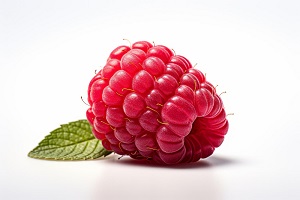
2. Pears – 1 medium approx. 178g (5.5g fiber)
A medium-sized pear, when consumed with its skin, offers 5.5 grams of fiber. Their high fiber content prompts a healthy gut and keeps you feeling full for a long. Not only fiber but pears are also packed with vitamin C, vitamin K, and potassium.

3. Figs (dried) – 4 figs approx. 120g (7.5g fiber)
The chewy little dried fruits ‘Figs’ offer about 7.5 grams of fiber in just four figs. This delicious, nutrient-dense snack aids in digestion and promotes a sense of fullness. Figs are also rich in calcium, potassium, and antioxidants.
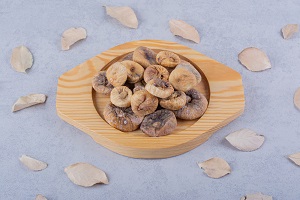
4. Avocado – 1 medium approx. 150g (10g fiber)
The creamy green avocados are fiber-dense. A 150-gram medium-sized avocado contains 10 grams of fiber. It is also a rich source of healthy fats, particularly monounsaturated fat, which supports heart health. Plus, avocados contain vitamins E, K, and C as well, offering a package full of nutrients.

5. Blackberries – 1 cup approx. 144g (7.6g fiber)
Blackberries are another berry delight, offering about 7.6 grams of fiber per cup (144g). They taste sweet and tart and go well with yoghurt, smoothies, baked goods, and even alone. They are also rich in rich in vitamins C and K, magnesium, and a wealth of antioxidants (thanks to that dark blue/purple colour)
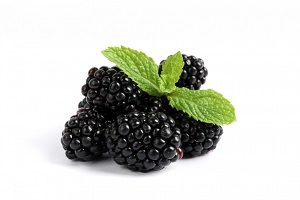
6. Guava – 1 medium approx. 250g (5.4g fiber)
Guava is often overlooked for its nutritional values, but it is a good source of vitamin C, potassium, antioxidants and, of course, fiber. Medium-sized guava contains nearly 5.4 grams of fiber that can keep you satisfied while supporting your digestive health.
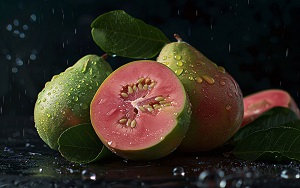
Vegetables
7. Artichokes – 1 medium approx. 120g (10.3g fiber)
When we talk about natural fiber-rich food, artichokes are the champions. This unique vegetable boasts 10/3 grams of fiber (a medium approx) along with a good dose of antioxidants, vitamins C and K, and magnesium. Have them, and your digestion will thank you.
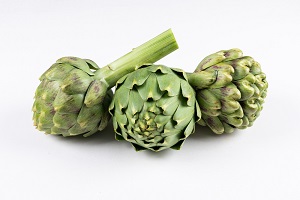
8. Sweet Potatoes (with skin) – 1 medium approx. 130g (4g fiber)
Sweet potatoes may be overlooked for their fiber, but a medium-sized tuber contains approximately 4 to 5 grams of fiber. Not only are they high in fiber, but they’re also rich in beta-carotene, vitamin A, and potassium. Consume with skin for maximum benefits. Another interesting group of foods that support weight management are those with a high thermic effect. These foods, like legumes and lean proteins, can boost your metabolism by requiring more energy for digestion. By incorporating more high thermic foods into your diet, you’re not only promoting digestive health but also enhancing calorie expenditure.

9. Broccoli – 1 cup approx (5g fiber)
Broccoli is a nutrient-dense vegetable and a blessing to your digestive health. A cup of broccoli contains nearly 5 grams of fiber along with vitamins C, K, folate, and numerous antioxidants. Enjoy it in soup, stir-fried, boiled or roasted.

10. Brussels Sprouts – 1 cup approx (4g fiber)
Brussels sprouts are tiny, flavorful gems that deliver about 4 grams of fiber per cup (88g). Also known as mini cabbage, these root vegetables contain folate, antioxidants, Vitamin C and K. Their slightly nutty flavor tastes best when roasted or sauteed.
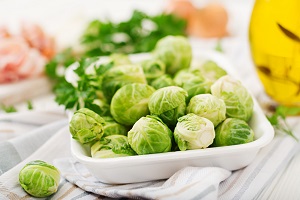
11. Carrots – 1 cup approx. 122g (3.6g fiber)
Red, juicy carrots may not be the highest in fiber but can provide 3.6 grams per cup. Besides fiber, they also contain beta-carotene, which the body converts to vitamin A. Adding raw carrots to your diet helps digestion and healthy vision and skin.

12. Kale – 1 cup approx. 67g (2.6g fiber)
Kale is undoubtedly a superfood with the goodness of vitamins A, C, and K, multiple antioxidants and, of course, fiber. A cup of kale contains 2.6 grams of fiber, less but a respectable amount.

Legumes
13. Lentils – 1 cup cooked approx. 198g (15.6g fiber)
The best way to increase your daily fiber intake is by including lentils in your diet. One cup of cooked lentils contains nearly 15.6 grams of fiber. Black, green and red lentils deliver a hearty dose of nutrients with protein, iron, and various vitamins. They keep you full and satisfied for long.

14. Chickpeas – 1 cup cooked approx. 164g (12.5g fiber)
Chickpeas provide around 12.5 grams of fiber per cup cooked (164g). Try them blended in humus, toasted in a salad, or made in curry, or just have a handful of boiled ones. Besides fiber, they contain essential nutrients like folate and manganese, along with protein.
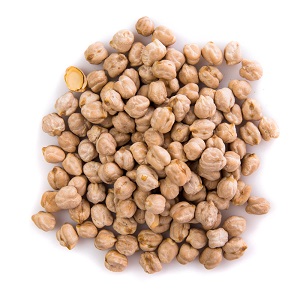
15. Black Beans – 1 cup cooked approx. 172g (15g fiber)
Black beans are delicious and nutritious and contain about 15 grams of fiber in one cooked cup. The rich flavor of black beans goes well with tacos, salads, and soups. Their high fiber content promotes healthy digestion and contributes to a feeling of fullness.
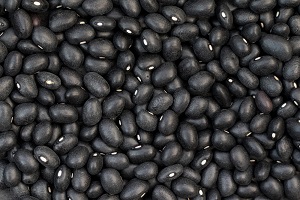
16. Kidney Beans – 1 cup cooked approx. 177g (13.6g fiber)
Kidney beans deliver a generous 13.6 grams of fiber in one cooked bowl. They are also packed with protein, iron, and potassium and can keep you full for the day. Add kidney beans to salad tacos, make cutlets, or the rich Indian rajma curry; it always tastes the best.
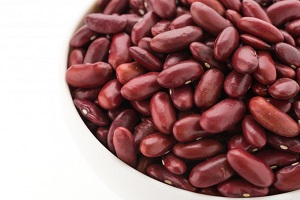
17. Split Peas – 1 cup cooked approx. 196g (16.3g fiber)
Split peas are an exceptional source of fiber and prompt satiety. A cup of cooked split peas contains nearly 16.3 grams of fiber. They are also rich in protein, folate, and iron.

18. Edamame – 1 cup approx. 155g (8g fiber)
Edamame or young soybeans have around 8 grams of fiber per 155 grams of serving. You can enjoy them alone or add them to your daily lunch and dinner salads. Edamame also contains protein, healthy fats, and various vitamins and minerals.
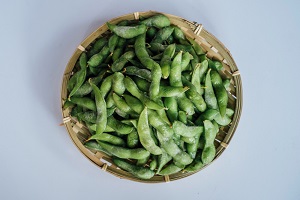
Grains
19. Quinoa – 1 cup cooked approx.185g (5.2g fiber)
A supergrain among all, quinoa is a complete protein and contains all nine amino acids. A cup of cooked quinoa contains 5.2 grams of fiber. It goes perfectly as a base for salads, bowls, or side dishes. It also includes the richness of magnesium, B vitamins, and antioxidants.

20. Oats – 1 cup cooked approx. 234g (4g fiber)
The popular breakfast grains, oats, contain soluble fiber, which can help lower cholesterol levels and promote digestive health. A cup of cooked oats has nearly 4 grams of fiber. In fact, oats contain one of the best kinds of fiber and thus should be a part of our daily diet.

21. Barley – 1 cup cooked approx. 157g (6g fiber)
Barley is a fiber-rich grain with nearly 6 grams of fiber per 157 grams serving (cooked). It goes excellently with soups, stews, or salads and keeps the feeling of being full. Barley also contains vitamins B6, iron, and magnesium.
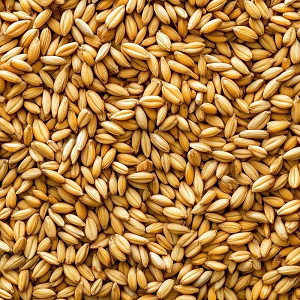
22. Whole Wheat Pasta – 1 cup cooked approx. 140g (6.3g fiber)
Wheat is super fibrous, and 1 cup of cooked whole wheat pasta contains 6.3 grams of fiber. Its fiber content supports digestive health and helps keep you satisfied, cutting down on hunger pangs. However, make sure the paste you choose retains the bran and germ.
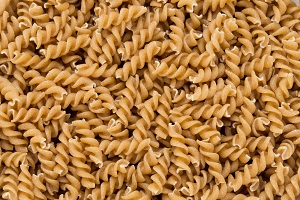
23. Bulgar – 1 cup cooked approx. 182g (8.2g fiber)
Bulgar is a lesser-known grain, but one cooked cup contains 8.2 grams of fiber. It is popular in South Asian and West Asian cuisine in main dishes like tabbouleh or pilaf. It’s also rich in vitamins and minerals and has a nutty flavor to it.
Nuts & Seeds
24. Chia Seeds – 2 tablespoons approx. 28g (10g fiber)
Chia seeds may be tiny, but when it comes to fiber content, they are truly a powerhouse. Only 2 tablespoons of chia seeds contain 10 grams of fiber, one of the highest in this amount. They also contain a good amount of omega-3 fatty acids, protein, and antioxidants.

25. Almonds – 1-ounce approx. 28g (3.5g fiber)
Almonds provide about 3.5 grams of fiber in a 1-ounce serving. Whether you eat them raw, roasted, or as almond butter, they support your overall health. Almonds also contain healthy fats, protein, and vitamin E.

26. Flaxseeds – 2 tablespoons approx. 14g (5.6g fiber)
Flaxseeds are a fiber-rich powerhouse, providing 5.6 grams of fiber in at least 2 tablespoons. These tiny seeds also contain omega-3 fatty acids and lignans, which have antioxidant properties.
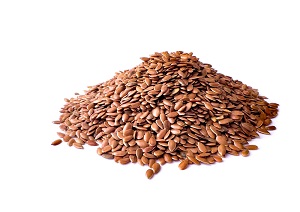
27. Pistachios – 1-ounce approx. 28g (3g fiber)
Pistachios are delicious, and about 28 grams of these nuts provide 3 grams of fiber. Consuming them in a nut mix can fulfill a large percentage of daily fiber needs. Pistachios are also packed with protein, healthy fats, and antioxidants and make a great snack option.
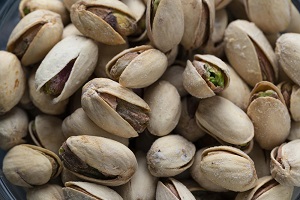
28. Sunflower Seeds – 1-ounce approx. 28g (3.9g fiber)
The crunchy sunflower seeds have approximately 3.9 grams of fiber in a 1-ounce serving. They are a fantastic source of vitamin E, magnesium, and healthy fats.

Other
29. Popcorn (air-popped) – 3 cups approx. 24g (3.6g fiber)
Air-popped popcorn is a fun and light snack. People munch a lot of them in one go, but many are still unaware that 24 grams of popcorn contain 3.6 grams of fiber. This whole grain treat is low in calories and high in fiber and can be flavored in various ways, from savory spices to sweet toppings.

30. Coconut (shredded and unsweetened) -1 ounces approx.28g (4.6g fiber)
Shredded unsweetened coconut provides around 4.6 grams of fiber along with a richness of healthy fats, particularly medium-chain triglycerides (MCTs). Consuming coconut can support energy levels and metabolic health while keeping you full.

31. Dark Chocolate (70-85% cocoa) – 1 ounce approx. 28g (3.1g fiber)
Dark chocolate, particularly with 70-85% cocoa, contains about 3.1 grams of fiber in 28 grams of servings. While satisfying your sweet craving, it also fulfills your requirement for antioxidants and minerals like iron and magnesium.

32. Green Peas – 1 cup approx. 160g (9g fiber)
Green peas are a nutrient-rich vegetable that offers approximately 9 grams of fiber. They are common during winter and go well in a range of dishes. Green peas are also rich in vitamins A, C, and K, as well as protein and various antioxidants.
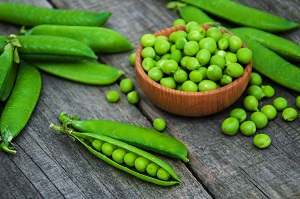
33. Spinach (cooked) – 1 cup approx. 180g (6.7g fiber)
A cup of cooked spinach (180 grams) provides about 6.7 grams of fiber. It also contains vitamins A, C, and K, as well as iron and calcium. The fiber content helps promote digestive health.
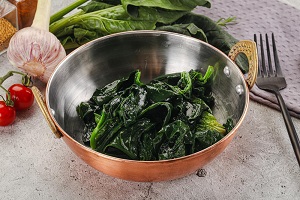
Frequently Asked Questions
Consume 30 grams of fiber daily, including oats and apples, for breakfast. A lunch salad with chickpeas and mixed greens. For dinner, take a serving of quinoa or brown rice with steamed broccoli.
Among fruits, raspberries stand out as one of the highest in fiber, approx 8 grams. Other high-fiber fruits include blackberries, pears, and avocados.
Yes, consuming too much fiber, especially too quickly, can cause bloating, gas, and cramping.
Fiber supplements can be effective for those who struggle to get enough fiber from their daily diet. However, prioritize dietary sources whenever possible instead of just relying on supplements.
A fiber-deficient diet can cause constipation and digestive problems. In some cases, it can also increase the risk of developing chronic diseases such as heart disease, type 2 diabetes, and obesity.


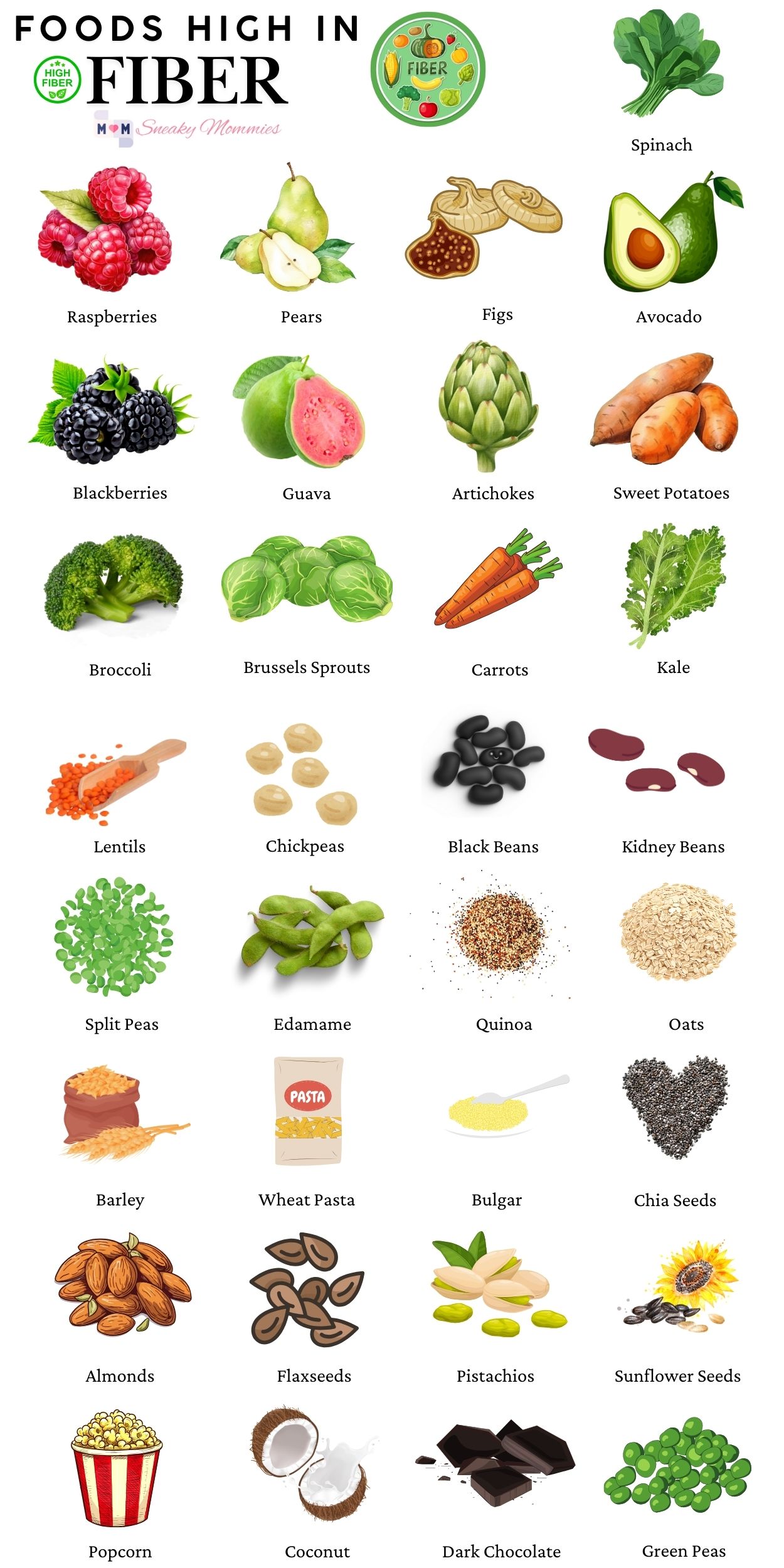
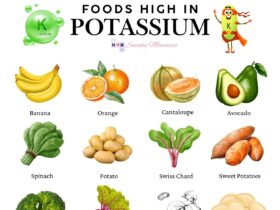

Leave a Reply